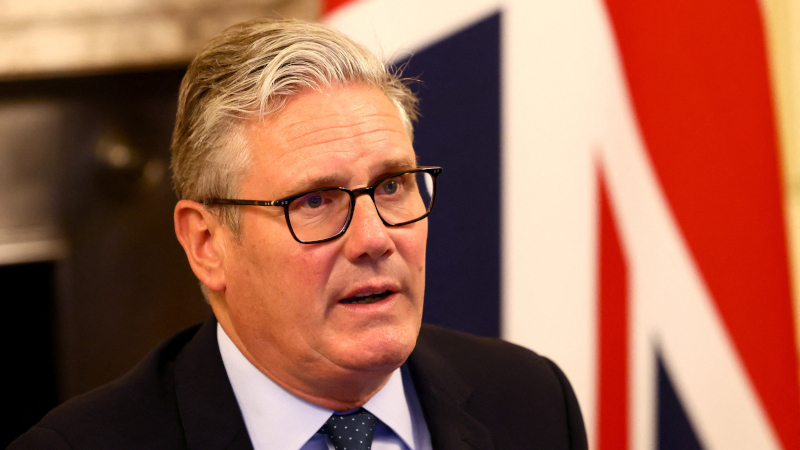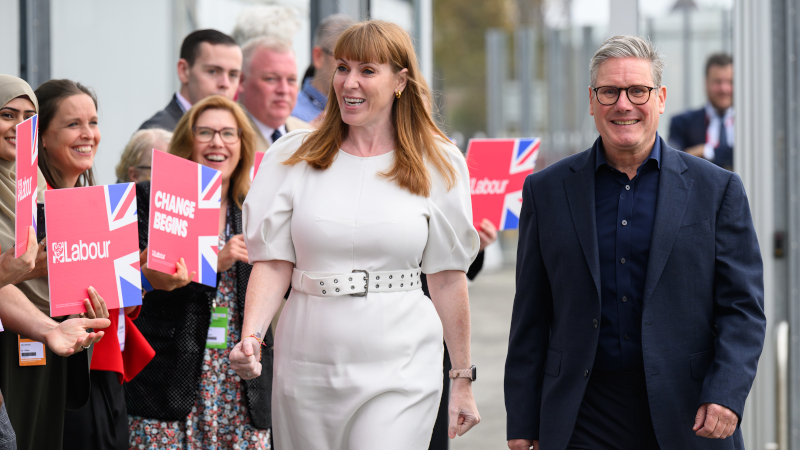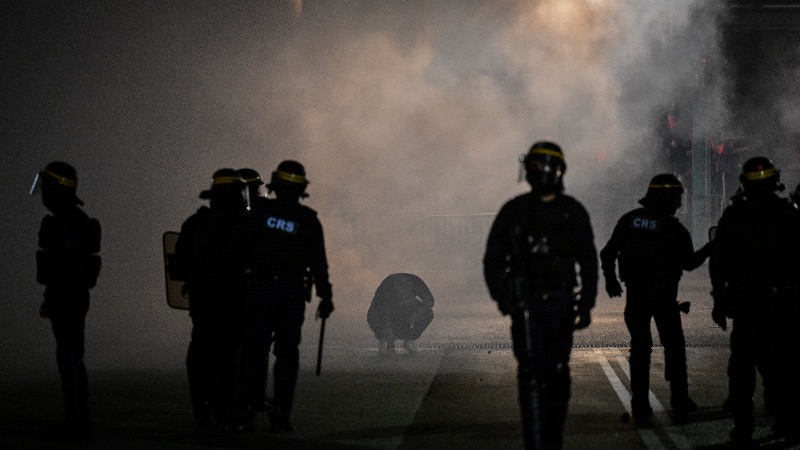 Image Credit: Jack Taylor - WPA Pool/Getty Images
Image Credit: Jack Taylor - WPA Pool/Getty Images U.K. Prime Minister Keir Starmer removed Lucy Powell from her role as Leader of the House of Commons on Friday in a decision immediately following Angela Rayner’s resignation over a £40,000 tax evasion scandal.
PM Starmer also dismissed Ian Murray as Secretary of State for Scotland.
The moves aim to stabilize the crumbling Labour government.
Powell reflected on her tenure in a statement issued following her dismissal.
“It has been an honour to serve in the first Labour Government in 15 years, particularly as Leader of the House. This has not been an easy time for the Government. People want to see change and improvements to their difficult lives,” Powell stated.
Murray praised achievements under his watch and pledged continued support for Starmer in a statement of his own.
“I am hugely disappointed to be leaving government, with so much done and so much more to do,” Murray said.
“After the dreadful legacy from the previous government, there is a lot more to work to do and I will continue to make sure more jobs and opportunities come to Scotland from the backbenches, from where Keir Starmer and the government will have my full support.”
Brexit architect Nigel Farage took the stage at the Reform UK conference three hours ahead of schedule to comment on the Labour Party’s disarray.
“The reason I’ve moved this speaking time forward is because this Government is deep in crisis,” Farage explained.
“Not only have they fallen into deep unpopularity… but it has become clear to all of us that it is a Cabinet of wholly unqualified people to run our country. They are not fit to govern.”
“The scandal over Ms. Rayner’s housing arrangements screams entitlement,” he asserted.
The sackings expose widening cracks for Labour as polls indicate collapsing support.
YouGov data shows Labour approval at just 20%. Confidence in the government’s economic handling is plummeting. Ipsos surveys reveal significant public distrust in Labour’s missions.
As Jeremy Corbyn’s new party gains traction, the threat of a left-wing split looms large with the Independent Alliance threatening to siphon votes away from Labour.
Meanwhile, Farage predicted an early election.
“I think there is every chance now of a general election happening in 2027 and we must be ready for that moment,” he said.
Like much of Europe, the British government is in upheaval after a summer of protests over migrant rape gangs, lawlessness in the streets, inflation, and economic malaise. Many Brits are expressing buyer’s remorse over the Labour government, which is barely a year old.
Earlier in the week, PM Starmer called for a national digital ID to stop incentivizing migrants from France — a move widely rejected as totalitarian and unpopular.
Meanwhile, the mood at Reform UK’s weekend confab is optimistic with many expressing hope that U.S. President Donald Trump will force the U.K. government to abandon its censorship of Americans, pursue market reforms, and curb mass immigration.
Whatever happens, the garden variety globalism that has ruled over Britannia for the last 100 years seems to be cracking.


